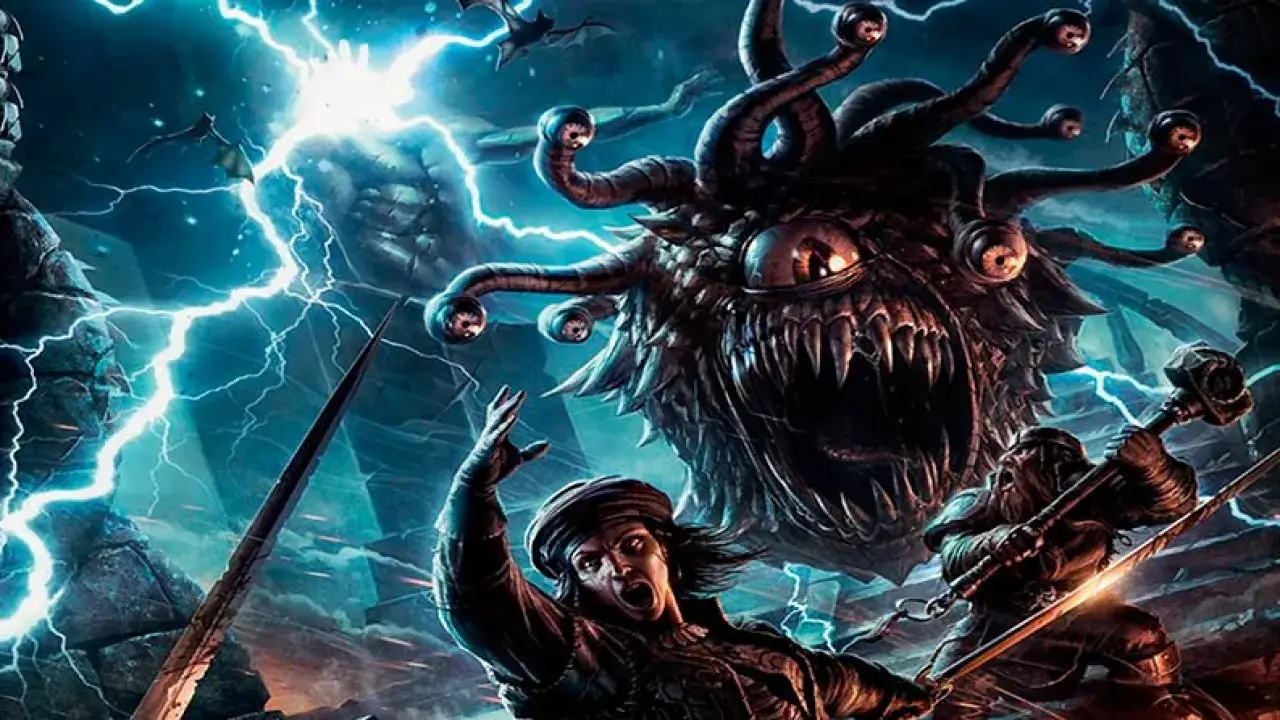In a surprising turn of events, Wizards of the Coast has decided to update its artist guidelines to put an end to the use of generative AI tools in the creation of illustrations for its renowned role-playing game, Dungeons & Dragons (D&D). The decision comes after vigilant fans detected signs of AI-generated art in the upcoming sourcebook titled “Bigby Presents: Glory of the Giants, GeekWire reported”
A spokesperson from Wizards communicated through the official D&D Beyond Twitter account, stating, “Today we became aware that an artist used AI to create artwork for the upcoming book, Bigby Presents: Glory of the Giants.” The artist at the center of the controversy is Ilya Shkipin, a California-based painter, illustrator, and operator of an NFT marketplace, who has been collaborating with Wizards of the Coast since 2014.
Shkipin himself confirmed the use of AI tools to enhance his original illustrations and concept sketches, albeit in now-deleted tweets. Following the uproar from fans, he decided to rework the illustrations for “Glory of the Giants.”
“Generative AI tools are sparking all kinds of questions about creativity and originality, as well as ethical and legal concerns,” Wizards stated, acknowledging the intricate challenges that AI-powered art brings to the forefront.
“Glory of the Giants,” scheduled for release on August 15, aims to introduce new monsters, treasures, and adventures to the world of D&D. With a focus on giants, the sourcebook delves into their society and ecology, shedding light on a lesser-explored aspect of the game’s universe. Even though the physical book’s release is a few days away, the e-book version is already available on Wizards’ D&D Beyond digital platform. Concerns were raised by fans on social media about the authenticity of the artwork, with many pointing out issues like illustrations featuring malformed hands and feet.
This controversy adds to Wizards of the Coast’s list of challenges this year, following an earlier attempt to amend the terms of its third-party licensing agreements in January. On a more positive note, the recent launch of the D&D video game “Baldur’s Gate 3,” developed by Larian Studios, has been a resounding success, with a considerable number of players engaging with the game on Steam. The game’s popularity further underscores the enduring appeal of the Dungeons & Dragons franchise.
As the worlds of art and technology continue to intertwine, Wizards of the Coast’s decision serves as a significant milestone in the ongoing conversation about the role of AI in creative endeavors and its impact on traditional artistic practices.
With a keen interest in tech, I make it a point to keep myself updated on the latest developments in technology and gadgets. That includes smartphones or tablet devices but stretches to even AI and self-driven automobiles, the latter being my latest fad. Besides writing, I like watching videos, reading, listening to music, or experimenting with different recipes. The motion picture is another aspect that interests me a lot, and I'll likely make a film sometime in the future.

